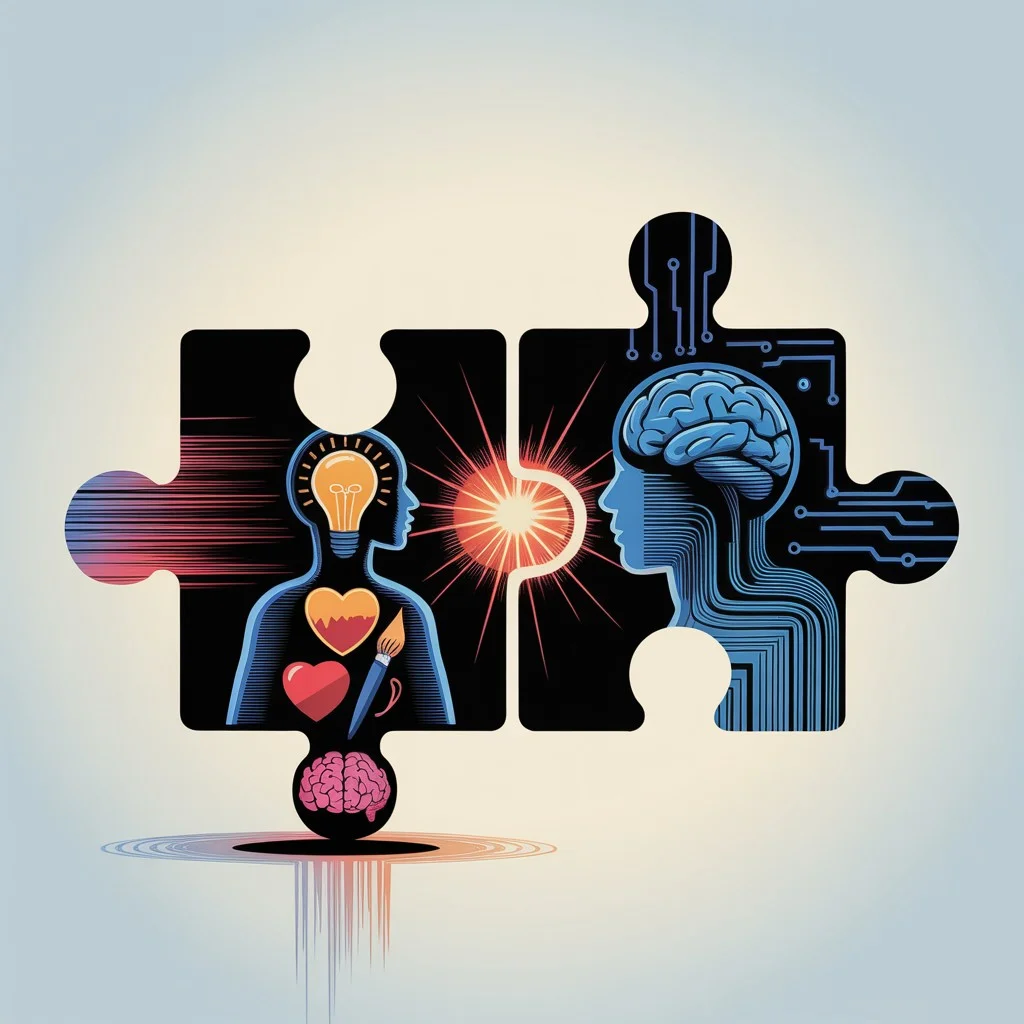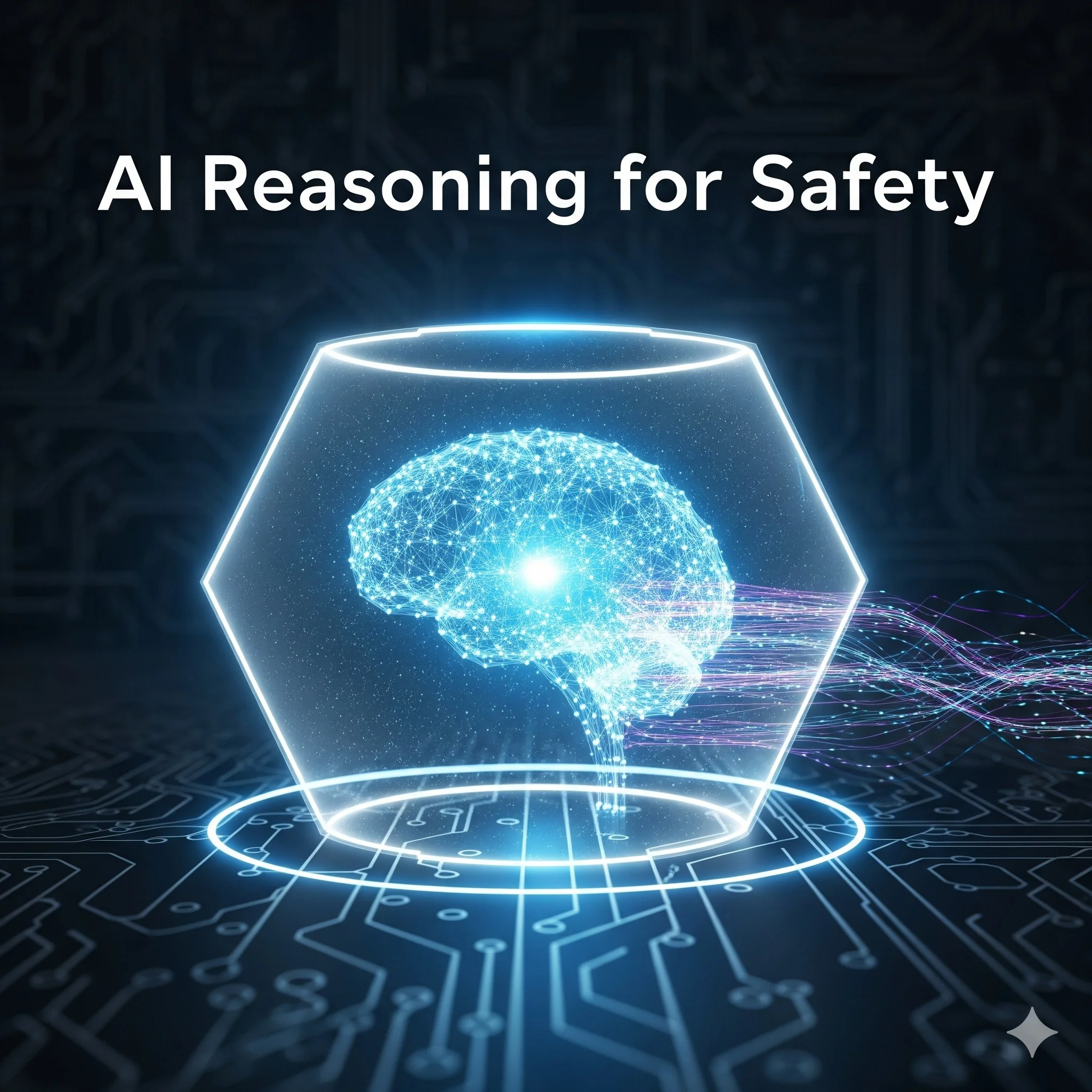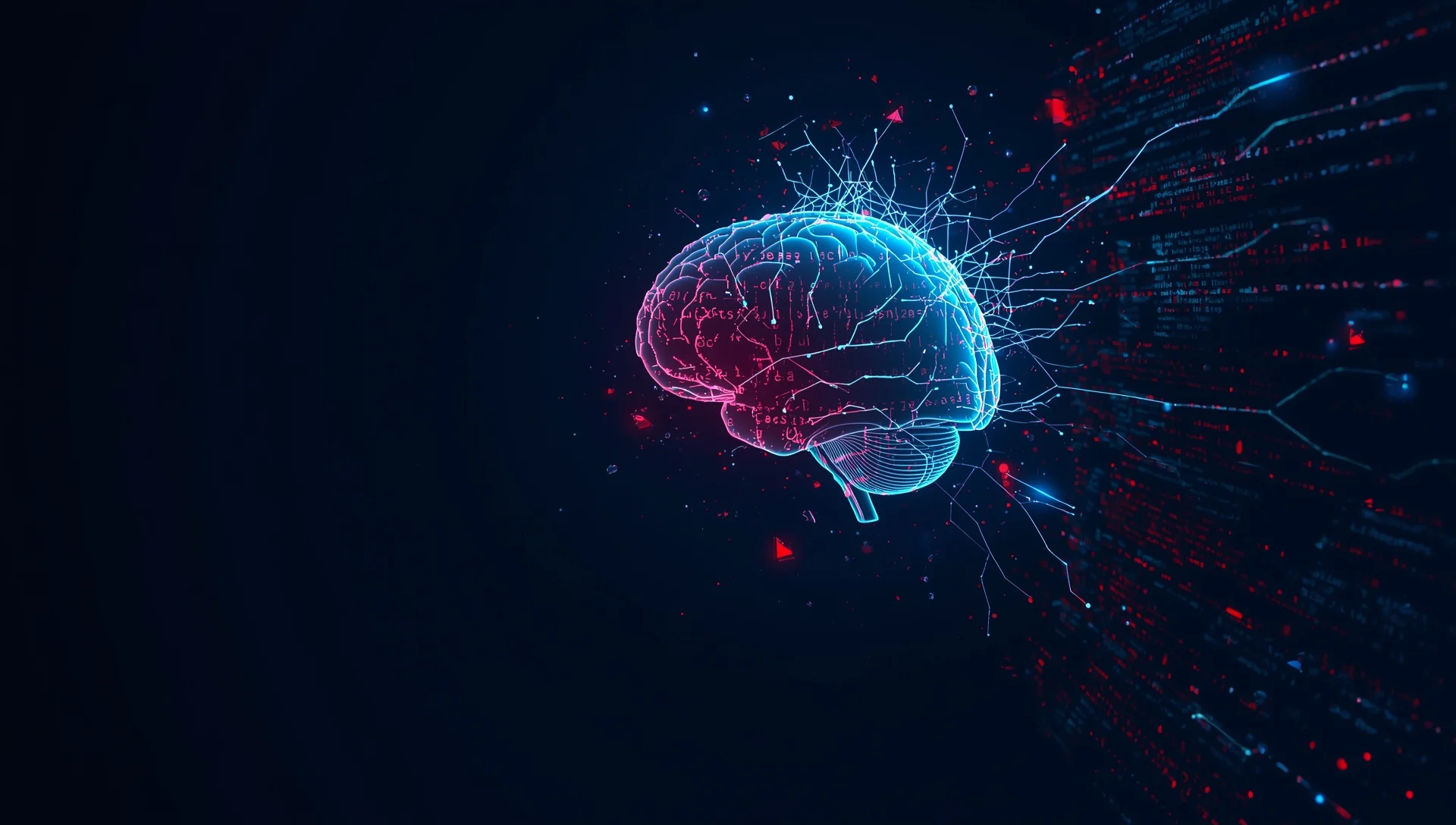🎁 Perplexity PRO offert
AI Doesn’t Replace Jobs, It Transforms How We Work
A Story That Repeats Itself (But Better)
Imagine yourself in 1985. Your colleague arrives with a strange beige object: a personal computer. “It’s going to replace us all!” exclaims Robert from accounting. 40 years later, Robert became a financial director, and he couldn’t work without Excel.
Today, we’re living a similar moment with artificial intelligence. The numbers speak for themselves: 92% of French professionals say they fear AI will replace their jobs. Yet, only 22% have actually taken the time to test these tools.
It’s a bit like being afraid of water without ever having put a foot in a pool.
In this article, I’m going to share with you why this fear, while understandable, actually hides an extraordinary opportunity to evolve our work toward something more enriching.
Why We’re Afraid (And Why It’s Normal)
The Technological Blank Page Syndrome
Remember your first day in front of Excel? That infinite grid of cells that seemed as welcoming as a 47-page administrative form. Today, you probably juggle pivot tables without even thinking about it.
AI provokes the same effect. Facing ChatGPT, Claude, or Gemini, many feel this paralysis of “but what am I supposed to do with this?”. This is what I call the technological blank page syndrome.
A revealing anecdote: I recently worked with Marie, a 45-year-old HR manager. Her first reaction to ChatGPT? “I don’t even know what to ask it”. Two weeks later, she was using it to:
- Write more attractive job postings
- Prepare her interviews with relevant questions
- Analyze trends in her sector
The turning point? Understanding that AI is like an infinitely patient and knowledgeable intern, available 24/7.
The Real Statistics (That Reassure)
Let’s look at data from MIT and McKinsey on AI’s actual impact on employment:
What the studies really say:
- 375 million jobs will be transformed by 2030 (not eliminated, transformed)
- 97 million new jobs will be created
- 85% of current jobs will still exist, but differently
To put these numbers in perspective: when the Internet arrived, people predicted the end of bookstores, travel agencies, and banks. The result? Amazon created more jobs in logistics, Booking employs thousands of people, and online banks are massively recruiting.
How AI Augments Rather Than Replaces
The GPS Analogy
Let’s take a simple analogy: GPS. Before, taxi drivers had to memorize all the streets in a city. The arrival of GPS should have made them obsolete, right?
Yet, a good driver today:
- Knows shortcuts that GPS ignores
- Can avoid problem areas depending on the time
- Can recommend places
- Offers a human experience
GPS didn’t replace drivers, it eliminated the tedious part of their work (memorizing thousands of streets) to allow them to focus on human added value.
AI works exactly the same way.
Real Cases of Positive Transformation
Thomas, 28-year-old developer:
“Before, I spent 50% of my time writing repetitive code. Now, GitHub Copilot generates the basics, and I focus on architecture and solving complex problems. I went from coder to software architect.”
Sophie, 35-year-old lawyer:
“Legal research used to take me 15 hours per case. With AI, it’s 2 hours. The 13 hours saved? I spend them with my clients understanding their real needs and developing strategies.”
Paul, 42-year-old graphic designer:
“Instead of making 3 logo proposals, I make 30 with Midjourney. My client has more choice, and I can really explore creativity without time constraints.”
The “Excuses” That Hold Us Back (And How to Overcome Them)
“It’s Too Complicated for Me”
I understand this apprehension. Really. But let me tell you about my mother, 67 years old, who called me panicked because she had to write a complex complaint letter.
I showed her ChatGPT. Her initial reaction: “Oh no, I’m not good with these things”. 10 minutes later, she was dictating her situation to the AI like she would have told me on the phone. Result: a perfect letter, professional, with all the relevant legal articles.
The secret? Start simple:
- Open ChatGPT (30 seconds)
- Write as you would speak to a colleague
- Ask for help on ONE specific task
- See the result
It’s literally simpler than learning to use a modern coffee machine.
“AI Makes Mistakes”
True. AI makes mistakes. But you know who else does? All of us, daily.
The fundamental difference: AI makes predictable and verifiable mistakes. A bit like a brilliant but inexperienced intern. You wouldn’t give them the keys to the company on day one, but with supervision, they quickly become indispensable.
Real example: I use Claude to help me write technical articles. Sometimes, it invents statistics. Solution? I systematically verify the numbers. Time lost? 5 minutes. Time saved on writing? 2 hours.
“It Will Dehumanize My Work”
This is probably the most legitimate fear, and the one that deserves the most nuance.
Think about self-checkout machines. Have they dehumanized supermarkets? Partly, yes. But look at what happened: cashiers became advisors, department managers, customer service specialists. Human contact didn’t disappear, it moved toward richer interactions.
AI allows you to:
- Eliminate repetitive tasks without added value
- Free up time for the human element
- Focus on what really matters: creativity, empathy, strategy
Practical Guide: Your First Steps with AI (Stress-Free)
Week 1: Gentle Discovery
Day 1-2: First Encounter
- Create a free account on ChatGPT or Claude
- Ask it a simple question about your passion (recipe, travel, hobby)
- Goal: familiarize yourself without professional pressure
Day 3-4: Gentle Professional Exploration
- Ask for help with an email you need to write
- Have it summarize a long document
- Notice the time saved
Day 5-7: Identifying Opportunities
- List 5 repetitive tasks from your daily routine
- Test AI on the simplest one
- Celebrate your first victory!
Week 2: Experimentation
Choose ONE area where AI can help you:
- Writing: Emails, reports, presentations
- Analysis: Data synthesis, monitoring
- Creativity: Brainstorming, ideas, solutions
- Organization: Planning, to-do lists, prioritization
The important part: Don’t try to revolutionize everything. A small daily gain becomes huge over the year.
Week 3-4: Progressive Integration
It’s time to share your discoveries:
- Show a colleague a tip that will help them
- Propose a small pilot project to your manager
- Join an online community to exchange ideas
Skills That Become Valuable (Thanks to AI)
What AI Makes More Important, Not Less
1. Contextual Creativity
AI can generate 100 ideas, but only a human knows which one will resonate with the Marseille team on a rainy Monday after an OM defeat. This fine understanding of context becomes crucial.
2. Emotional Intelligence
The more routine interactions are automated, the more human moments gain value. The manager who knows how to remotivate a team, the salesperson who senses unspoken hesitation, the HR professional who decodes real needs… Irreplaceable.
3. Critical Thinking
AI gives answers. Humans ask the right questions. This ability to challenge, question, contextualize becomes your superpower.
4. Continuous Learning Ability
Paradoxically, AI rewards those who learn quickly. You don’t need to become an expert, just curious and adaptable.
A Collaborative Future, Not Competitive
The Winning Equation
Instead of seeing AI as a competitor, see it as the best assistant you’ve ever had. An assistant that:
- Never sleeps
- Forgets nothing
- Doesn’t judge your questions
- Constantly learns
The formula for success: Your human skills × AI augmentation = Your new professional value
Jobs That Evolve, Not Disappear
Accountant → Strategic financial analyst Writer → Multimedia content creator HR → Organizational development coach Salesperson → Solutions consultant Developer → Intelligent systems architect
Notice the pattern: we move from execution to strategy, from production to creation, from management to coaching.
Conclusion: The Choice of Curiosity
We’re at a pivotal moment. Not a professional apocalypse, but a rebirth of professions.
AI doesn’t ask you to become a technical expert. It simply asks you to stay curious, to try, to learn. Like our parents learned to use the Internet, like our grandparents learned to use the telephone.
My personal advice? Give yourself 30 days. Just 30 days to explore, without pressure, without performance goals. Like a child discovering a new toy.
At the end of these 30 days, you’ll realize something important: AI doesn’t kill jobs or excuses. It simply reveals our incredible capacity for adaptation and evolution.
And that is profoundly human.
💡 To start today: Open ChatGPT and ask it this question: “How can I use AI to save 1 hour per day in my work as a [your profession]?”.
The answer might just surprise you. And that’s exactly the point. 😊
Questions Fréquentes
Will AI really replace my job?
Studies show that 85% of jobs will be transformed, not eliminated. AI becomes a tool that augments your capabilities rather than a replacement. The key is learning to collaborate with these tools.
Where do I start to learn using AI professionally?
Start simply with ChatGPT or Claude for a repetitive task. For example, writing emails or summarizing documents. 15 minutes a day for 2 weeks is enough to see the difference.
What skills should I develop to stay relevant?
Focus on what AI doesn’t do well: creativity, empathy, critical thinking, and the ability to contextualize. The more you master AI, the more these human skills gain value.
AI sometimes makes mistakes, how can I trust it?
AI is an assistant, not an oracle. Like with a brilliant intern, you check and validate. Over time, you learn its strengths and limitations, and you work in complementarity.
How long does it take to become effective with AI?
For the basics: 1 week. To be comfortable: 1 month. To excel: 3-6 months. It’s like learning Excel—at first it seems complex, then it becomes natural.
Articles Liés
ChatGPT autorise les conversations érotiques
OpenAI lève les restrictions sur ChatGPT : découvrez les enjeux éthiques, commerciaux et sociétaux d'une décision qui...
L'IA ne remplace pas les métiers, elle transforme notre façon de travailler
92% des professionnels craignent l'IA, mais seuls 22% l'ont vraiment testée. Découvrez pourquoi l'IA est une opportun...
Comprendre le Model Context Protocol (MCP) : Une Conversation Simple
Découvrez comment les IA peuvent accéder à vos fichiers et données grâce au MCP, expliqué à travers une conversation ...
OpenAI Agent Builder : créer des assistants IA
Découvrez l'Agent Builder d'OpenAI, la plateforme révolutionnaire lancée en octobre 2025 qui permet à chacun de créer...
ChatGPT renforce sa sécurité
OpenAI déploie un plan de sécurité ambitieux sur 120 jours pour ChatGPT : contrôles parentaux, détection de détresse ...
Grok expose ses prompts : leçons de sécurité
L'exposition accidentelle des prompts système de Grok révèle des failles critiques de sécurité. Analyse technique des...
Découvrez mes autres articles
Guides e-commerce, tutoriels PrestaShop et bonnes pratiques pour développeurs
Voir tous les articles





